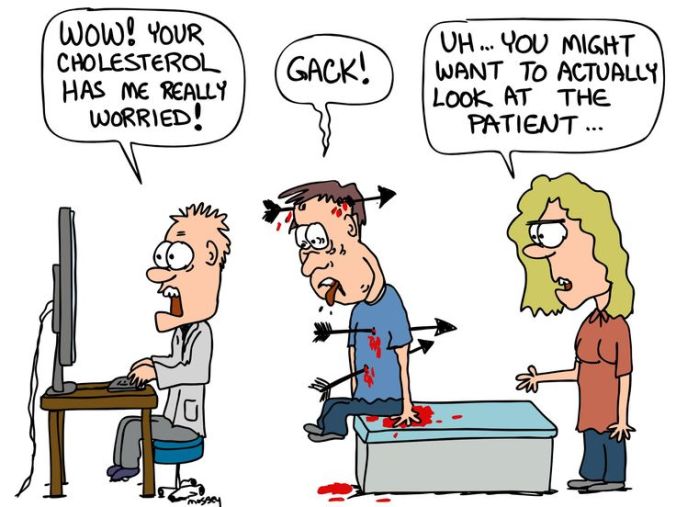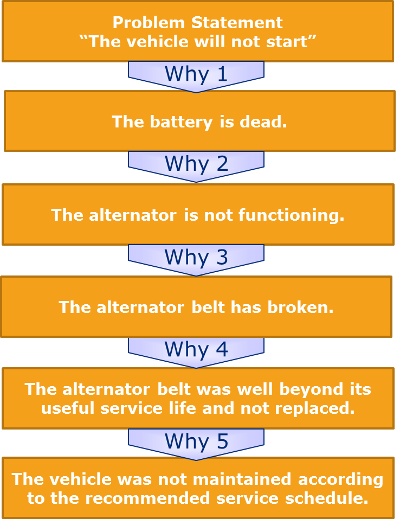Been to the doctor lately? Likely you have had the typical patient experience- sat in the waiting room past the time of your scheduled appointment, then were ushered back to the exam room, sat probably a bit longer waiting for the provider to actually be ready to see you, and when the provider finally arrives, you rush through your concerns perhaps at the insistence of the provider who might be typing away making only brief eye contact, and then you are handed a prescription 5-10 minutes later, told to rest, drink lots of fluids, and maybe just maybe, to eat healthy and exercise.

Sound familiar? Let me tell you, many of these providers have the very best intentions, but are pressured by multiple factors that may not be readily apparent as you are sitting in front of them trying to feel heard. Providers are pressured to be more and more productive as insurance reimbursements are insufficient and employers struggle to stay afloat. They are pressured to fill their schedule to the max. They feel pressured to have a solution for you, even if it is more of a band-aid. Many of them know the value of preventative medicine. Many of them wish they had more time to foster an actual relationship with you. And sadly, many providers are simply burnt out.
In part, it is why I chose to pursue functional medicine as it allowed me an opportunity to practice medicine in a way that honors the whole context in which symptoms were occurring- physiologically, psychologically, spiritually. It allows me time to develop relationships and time to discuss root causes and the foundations of wellness that are often missed in conventional medicine. Even while working in mental health where more time is allotted compared to primary care, I myself was labeled primarily as a prescriber and thus, clients came to expect a prescription at the end of the session when that may not be what is most appropriate.
With all the hustle and bustle, conventional medicine misses the opportunity to ask WHY when it comes to your concerns. In the business world asking WHY is important and more commonly known as a root cause analysis. A root cause analysis essentially demands asking WHY about the WHY about the WHY. The “5-WHY” model is a commonly used strategy.
Here’s an example with a car that won’t start:

Can you imagine if this were done in medicine? Let’s just use the hypothetical example of anxiety- something that is typically addressed by prescribing an anxiolytic medications in the conventional setting.
- Anxiety (WHY)
- WHY #1: Patient states they feel overwhelmed.
- WHY #2: Patient states they worry about finances and their marriage.
- WHY #3: Patient states they have been arguing a lot with their spouse and working harder than they should, but still living paycheck to paycheck.
- WHY #4: Patient states they have a tense relationship with their boss. It is difficult to ask for a raise. A lot of their work-related stress is projected on their spouse.
- WHY #5: Patient states their boss is intimidating. Patient states they feel taken advantage of.
- WHY #4: Patient states they have a tense relationship with their boss. It is difficult to ask for a raise. A lot of their work-related stress is projected on their spouse.
- WHY #3: Patient states they have been arguing a lot with their spouse and working harder than they should, but still living paycheck to paycheck.
- WHY #2: Patient states they worry about finances and their marriage.
- WHY #1: Patient states they feel overwhelmed.
While medication may mask or numb symptoms from the anxiety, given this example, might it be more sustainable to instead work on empowering the patient to confront their boss or perhaps it is time to look for a new job? Many times, patients know what might be driving their stress, but giving themselves permission to act is another ballgame.
Ready for another example? Let’s take on Type II diabetes- one of our most troubling epidemic.
Here we go:
- Type II Diabetes (WHY)
- WHY #1: HbgA1C 7.2, fasting blood sugar 200
- WHY #2: Patient is classified as obese.
- WHY #3: Patient feels overwhelmed with trying to exercise and eat healthy.
- WHY #4: Patient is on food stamps and struggles to afford healthy foods. Patient cannot afford a gym membership and lives in an unsafe neighborhood- so they are uncomfortable exercising outside. Patient is also prescribed medication that increases weight gain.
- WHY #5: Patient has been on disability for schizophrenia since age 20. Patient has been unable to work, has little support, and has poor self-esteem.
- WHY #4: Patient is on food stamps and struggles to afford healthy foods. Patient cannot afford a gym membership and lives in an unsafe neighborhood- so they are uncomfortable exercising outside. Patient is also prescribed medication that increases weight gain.
- WHY #3: Patient feels overwhelmed with trying to exercise and eat healthy.
- WHY #2: Patient is classified as obese.
- WHY #1: HbgA1C 7.2, fasting blood sugar 200
There you have it. It goes back to social reforms, social justice, and addressing the pre-determinants of health & wellness (safety, shelter, food, environment, social connection). Clearly, we cannot expect providers to solve these problems in the course of a 10 minute appointment, but we must try harder to encourage upstream rather than downstream models of healthcare. Providers must also be emboldened to pause, take a step back, reevaluate, and acknowledge the WHY’s with their patients and also with themselves! And remember, providers are not saviors…so if you can do a little root analysis on yourself- you might be surprised what you come up with!
With gratitude,
Audry Van Houweling, Owner & Founder, She Soars Psychiatry, LLC